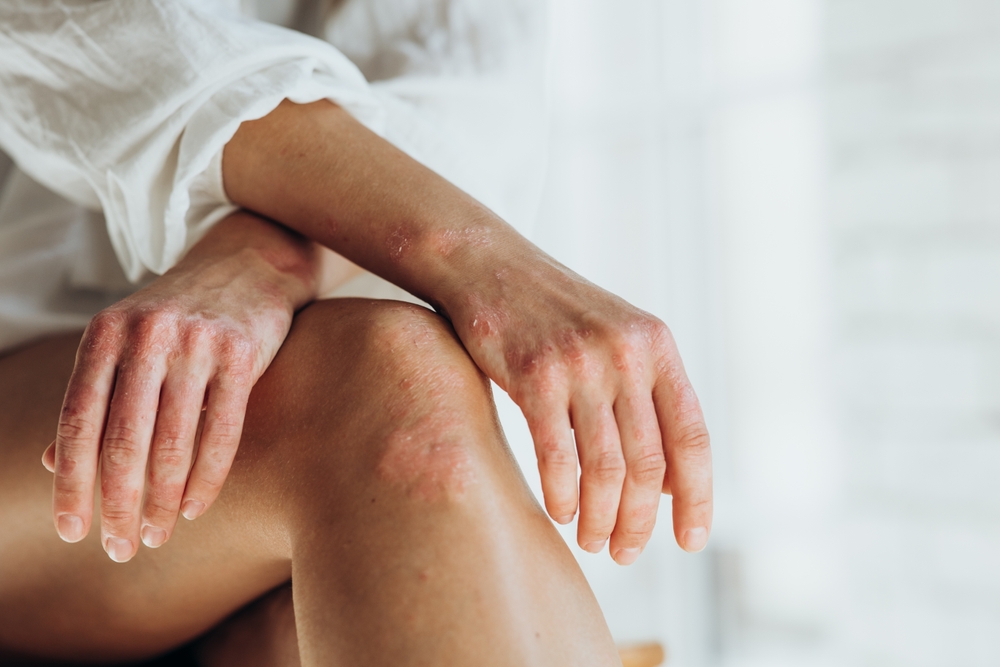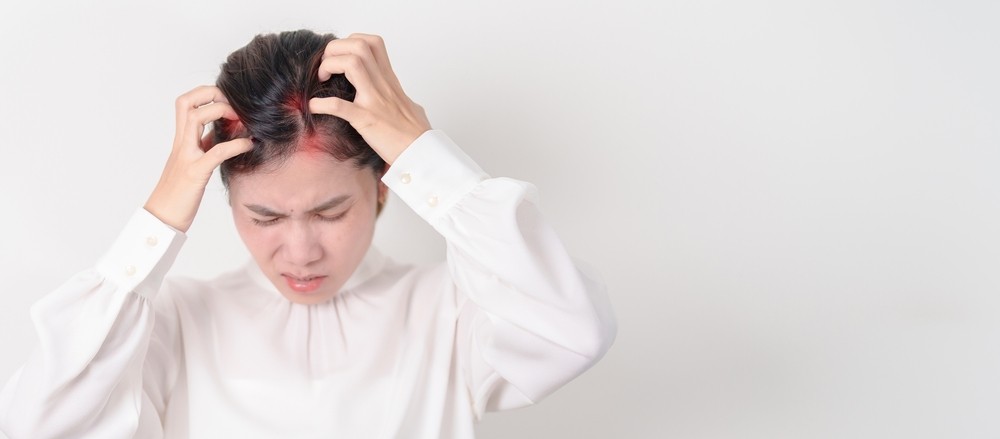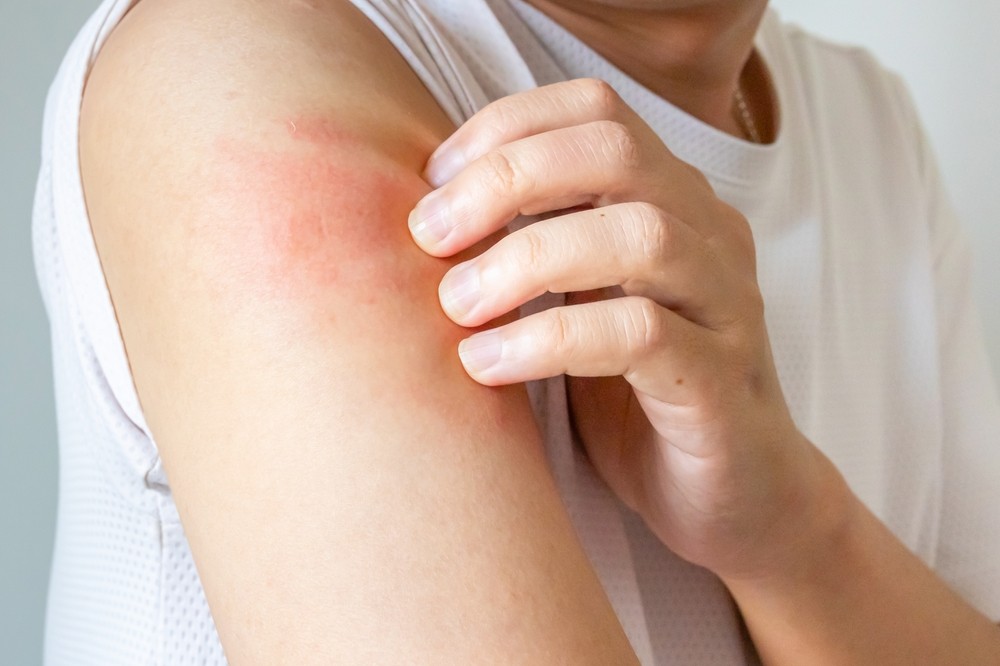A recent study examined the experiences of individuals with alopecia areata (AA) through an anonymous survey in Norway and Denmark, highlighting the disconnect between traditional clinical assessment tools and patients’ lived experiences. While objective measures like the SALT score quantify hair loss, and tools like the DLQI assess quality of life, both were found to inadequately capture the true burden of AA as reported by patients. The emotional and psychosocial impacts, including stigmatization, depression, anxiety, and disruption to daily life, were particularly prominent, especially among younger patients. The study found that even individuals with relatively mild hair loss often perceived their disease as severe due to its social and psychological ramifications. This emphasizes that the extent of hair loss does not always align with the level of distress experienced.
The findings underscore the need for more comprehensive, AA-specific assessment tools that better reflect patients’ emotional and psychosocial struggles in addition to their physical symptoms. Current standard measures do not sufficiently account for the stigma and mental health burden associated with AA, nor do they address the unique challenges faced by different age groups and genders. The study calls for future research to develop and validate new tools and to explore the long-term psychological impact of AA, especially in young people and men. Improved assessment methods and a holistic approach to care could ultimately lead to better support and outcomes for those living with this chronic, often invisible condition.
Reference: Vestergaard C, Carrillo DR, Mandla R, et al. Alopecia Areata: Impact on Patients’ Quality of Life and Disease Perception: A Survey-Based Study. Acta Derm Venereol. 2025 Jul 19;105:adv43318. doi: 10.2340/actadv.v105.43318. PMID: 40682499; PMCID: PMC12305969.








